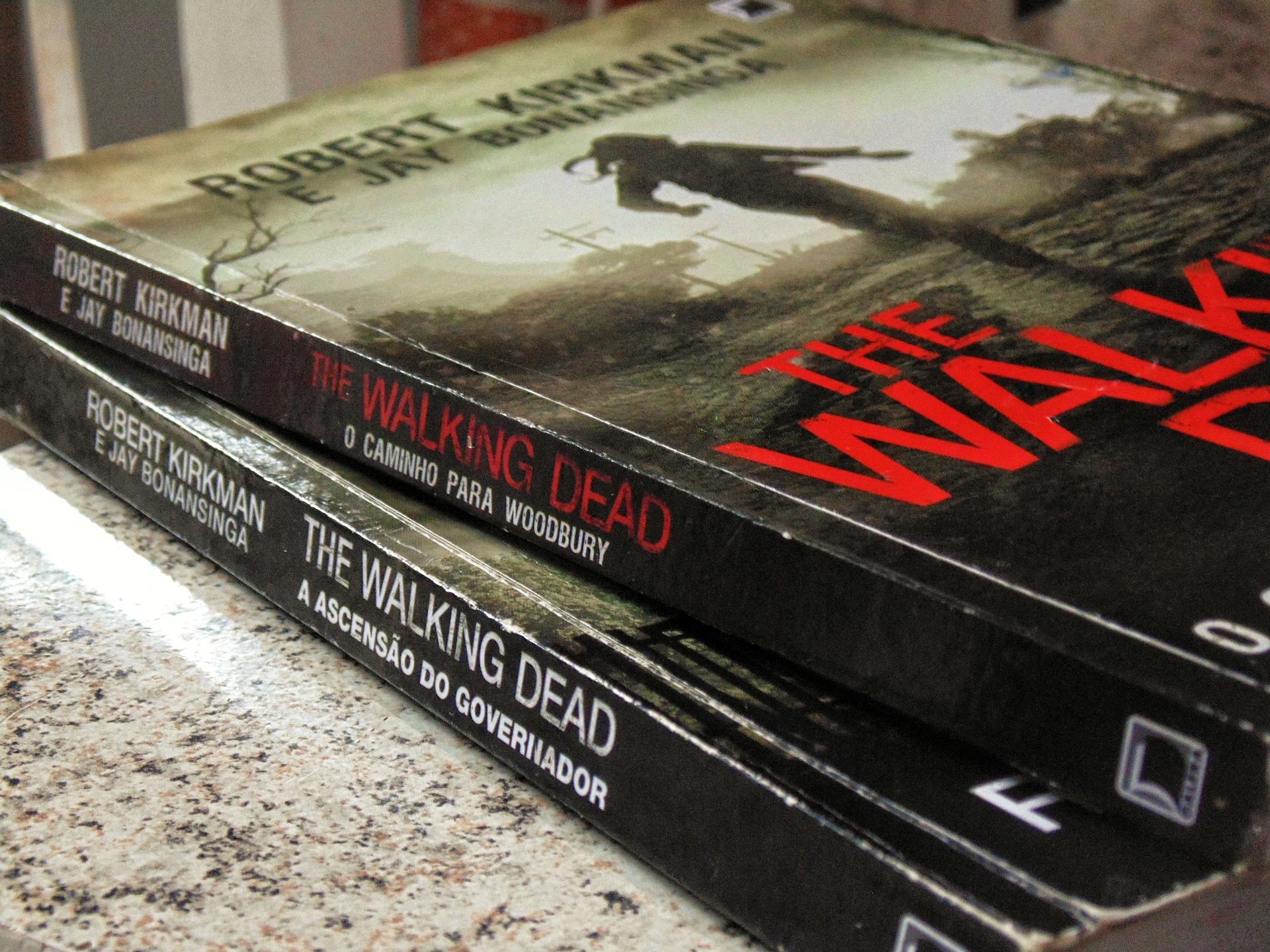My complicated relationship with The Walking Dead

I used to be a major fan of The Walking Dead. What was once an exciting, explosive and emotional tale of survival in a post-zombie apocalypse world became an overblown, network TV-style melodrama.
The series lost sight of what made it special to begin with: a collection of complex and unique characters—helmed by the show’s hero Rick Grimes (Andrew Lincoln)—who formed an unlikely but ultimately irrevocable bond. At first, they were united by nothing but the innately human instinct to tie yourself to the familiar, and in a world overrun with the undead, that meant taking people for who they were and making the best (or in some cases, the worst) of it.
It might be a simple formula but it’s an effective one, and by the end of season 1 (which could be appreciated in isolation as a powerful miniseries by the show’s creator, Frank Darabont), I cared about the assortment of characters about as much as you can care about a fictional group of people. They transformed from a diverse group of individuals with conflicting world views, ideologies, and approaches to survival, to a makeshift family — bound to each other through trauma and the constant fight to survive.
Perhaps most significantly, the writers seemed to have a grasp on how to craft complex (but not “complicated”) female characters, like Carol (Melissa McBride), whose arc across the series has been like no other. We’ve watched her grow from a meek victim of domestic abuse in her previous life to a ruthless warrior with a sensitive core. Another example is Michonne (Danai Gurira) who began her journey in the New World as a self-exiled loner and gifted swordsman who eventually joined Rick and the gang to become a capable leader. Michonne was perhaps their most skilled fighter but she was also the calm and measured voice of reason, with a gentleness that began to reveal itself as time went on.
But all good things must come to an end. By season 7, The Walking Dead began to lose control of its storyline and character arcs. From that point on, as is often the case with shows that exceed their welcome, the storylines grew repetitive and actors started to leave. When it was announced at the end of season 8 that a new showrunner, Angela Kang, would be taking over, my interest was briefly renewed. And while season 9 was certainly an improvement on the seasons prior, it was nonetheless a pale imitation of the show in its heyday: the writing still felt messy, the storylines empty and exciting action scenes few and far between. By the end of season 9, when Lincoln bid adieu to the series, I could no longer lie to myself. But for a few (genuinely very good) episodes across seasons 7-9, the show had well and truly jumped the shark.
It was recently announced that season 11, set to premiere this August, will be the series' last. It put up a good fight—better shows have suffered worse—but it seems reality has finally hit.
I told myself I'd finish the series, if out of nostalgic loyalty alone. Truth be told, I find it difficult not finishing something once I've started, even when it's no longer good (for context, I’ve seen all of Saved by the Bell including The College Years). However, in this case, The Walking Dead simply isn't a show I recognise anymore. Still, word on the street is there's a spinoff and a few movies coming our way, and perhaps against my better judgement, that gives me hope.
